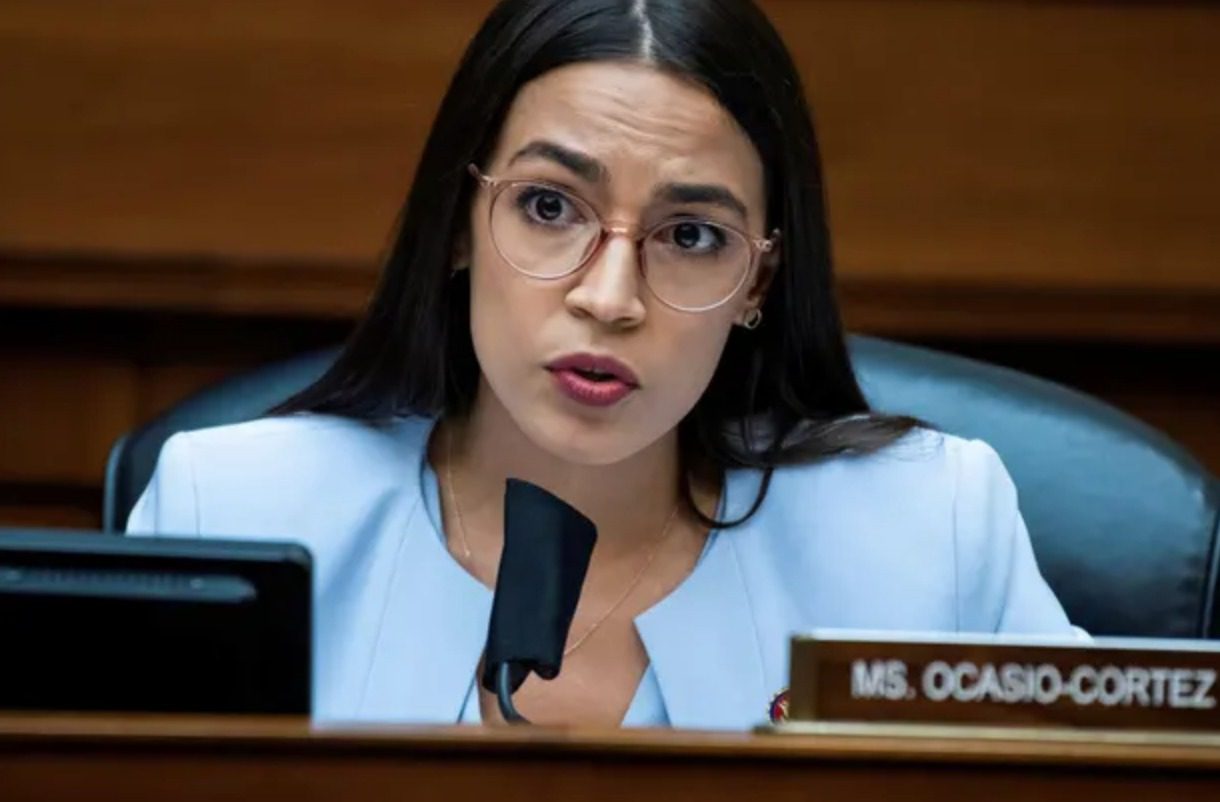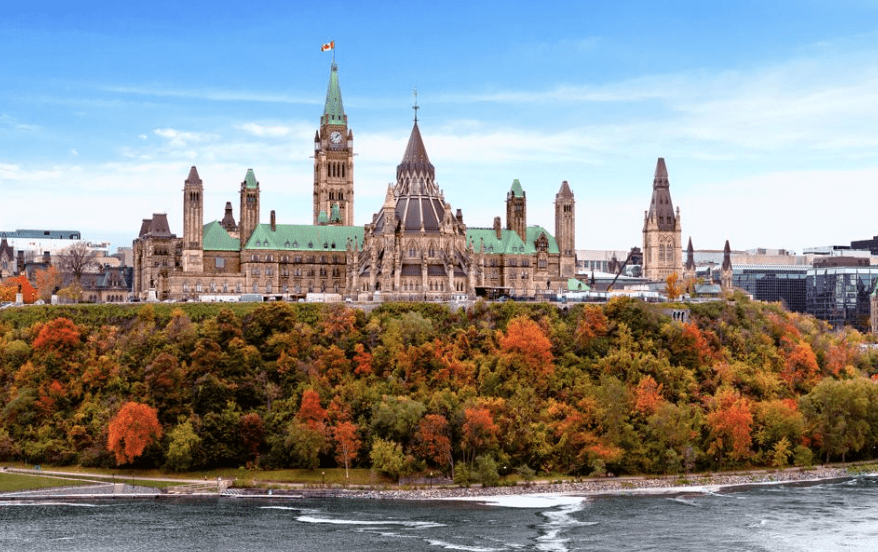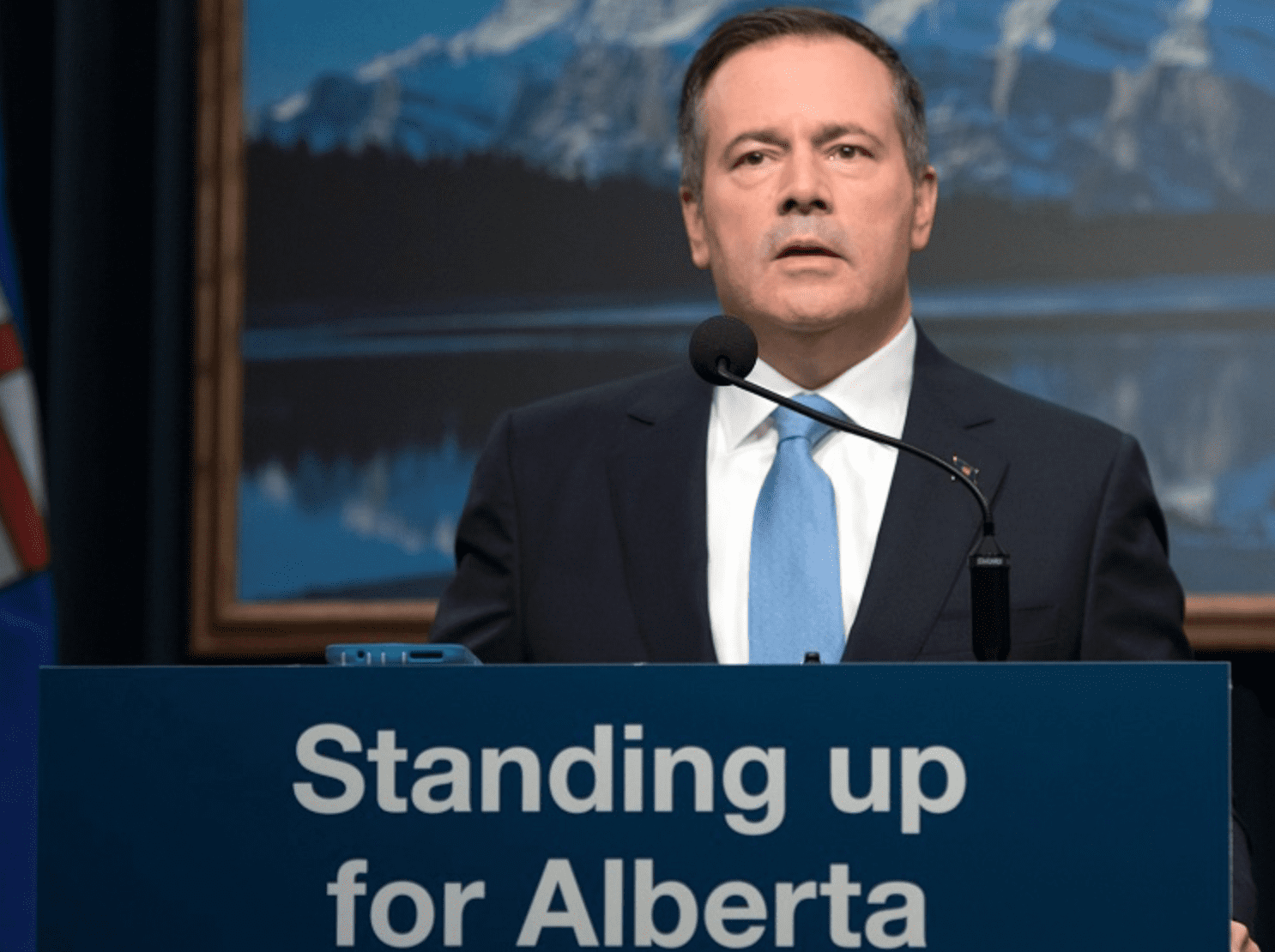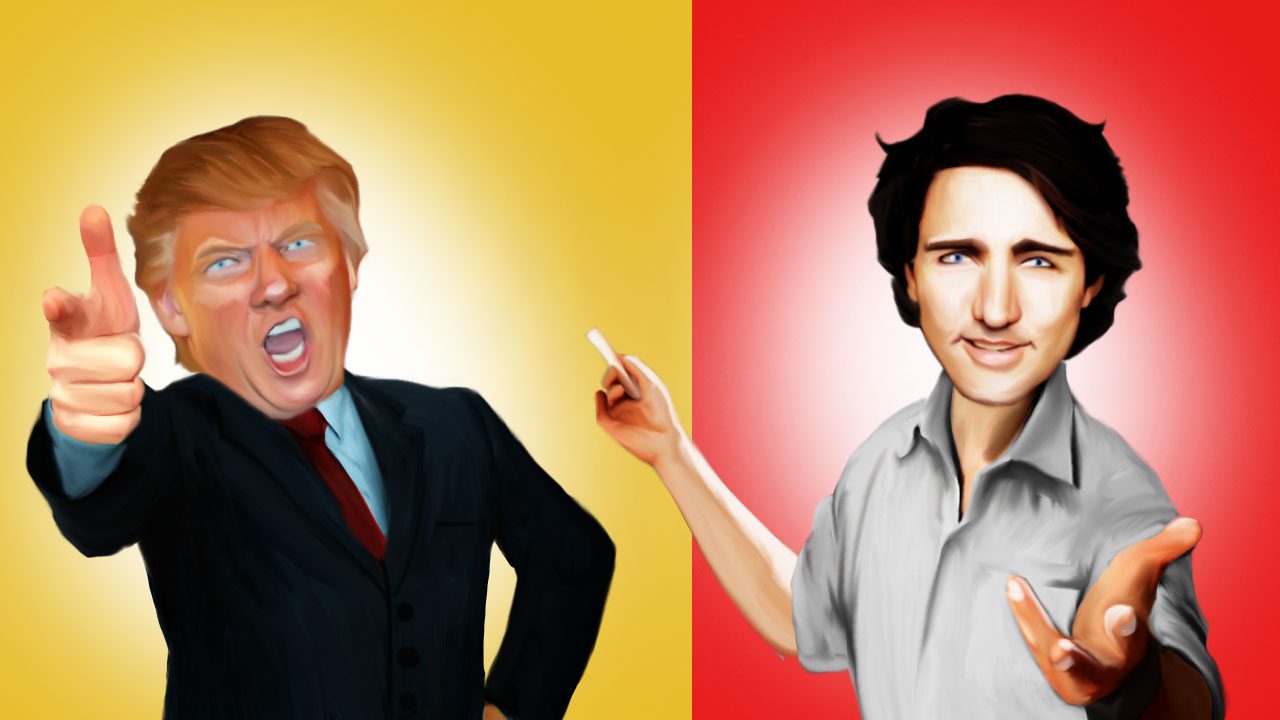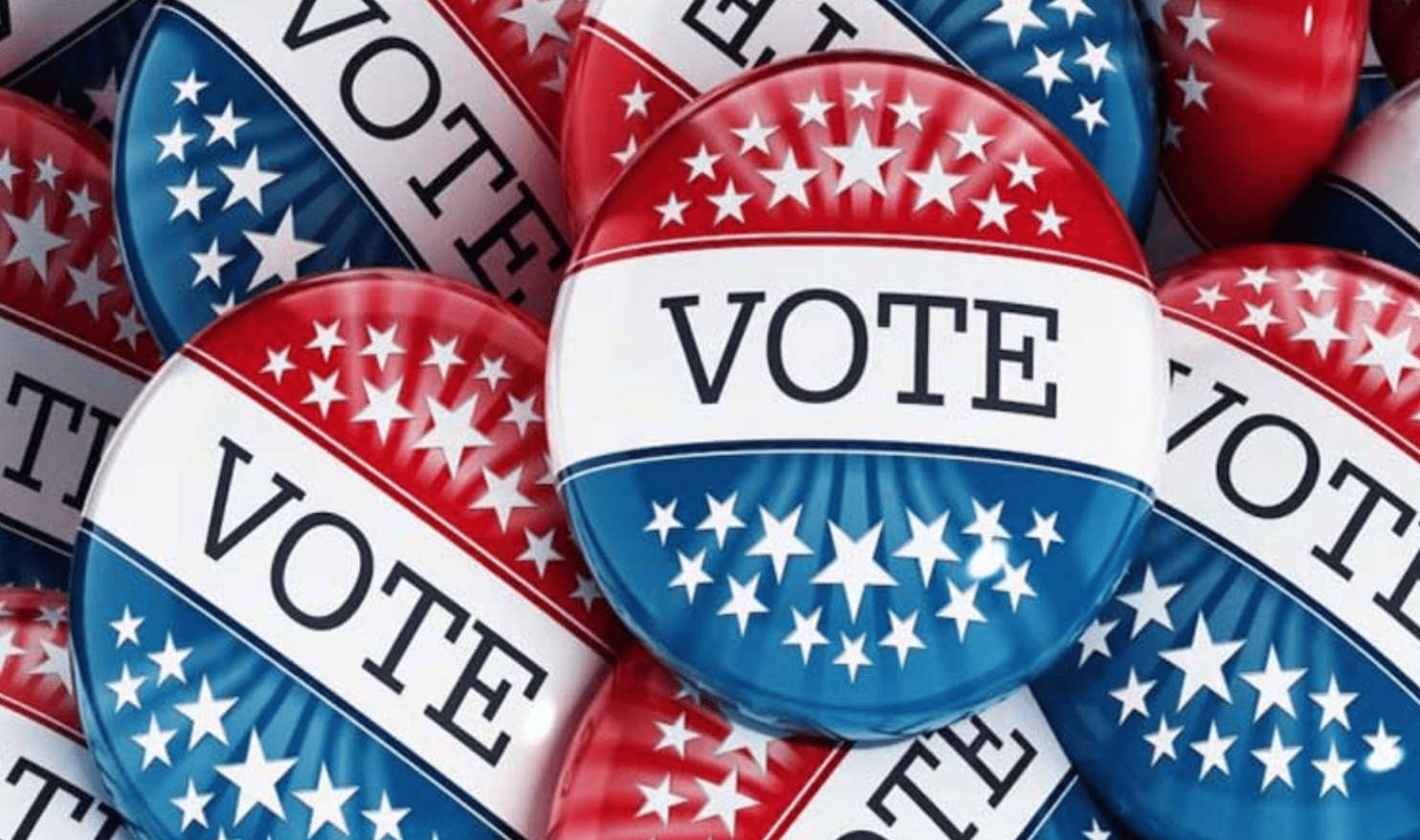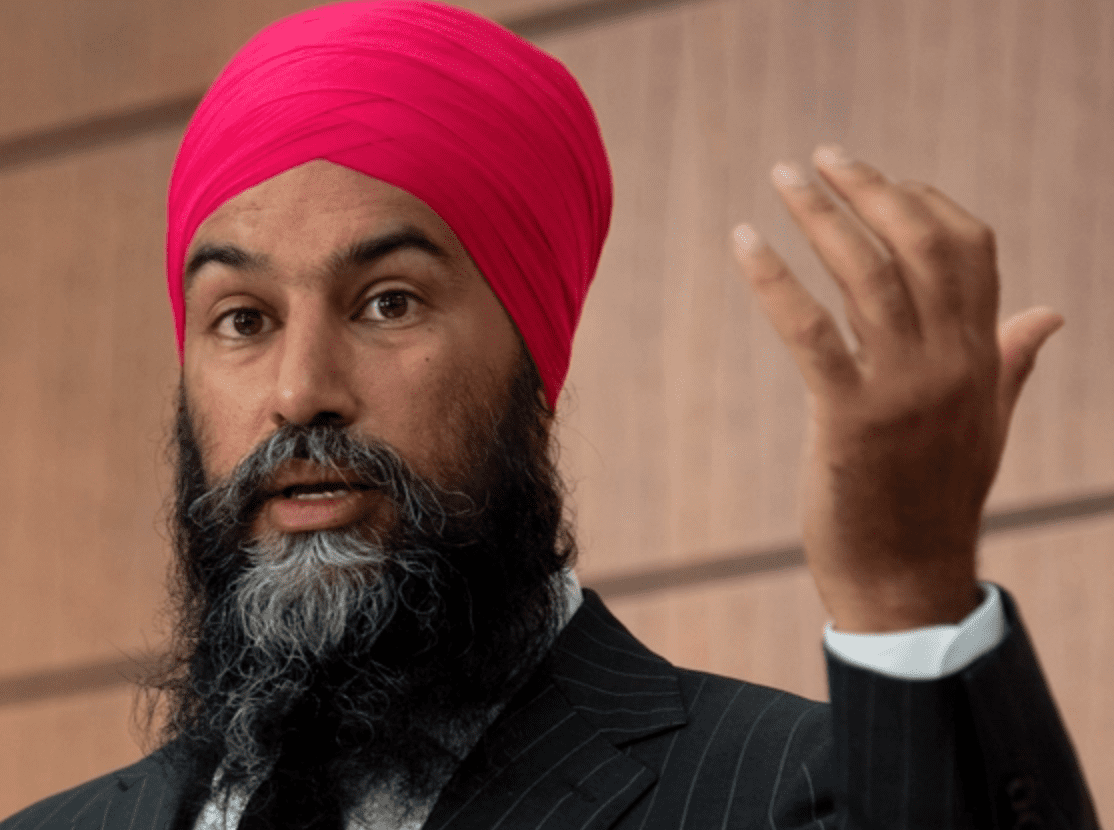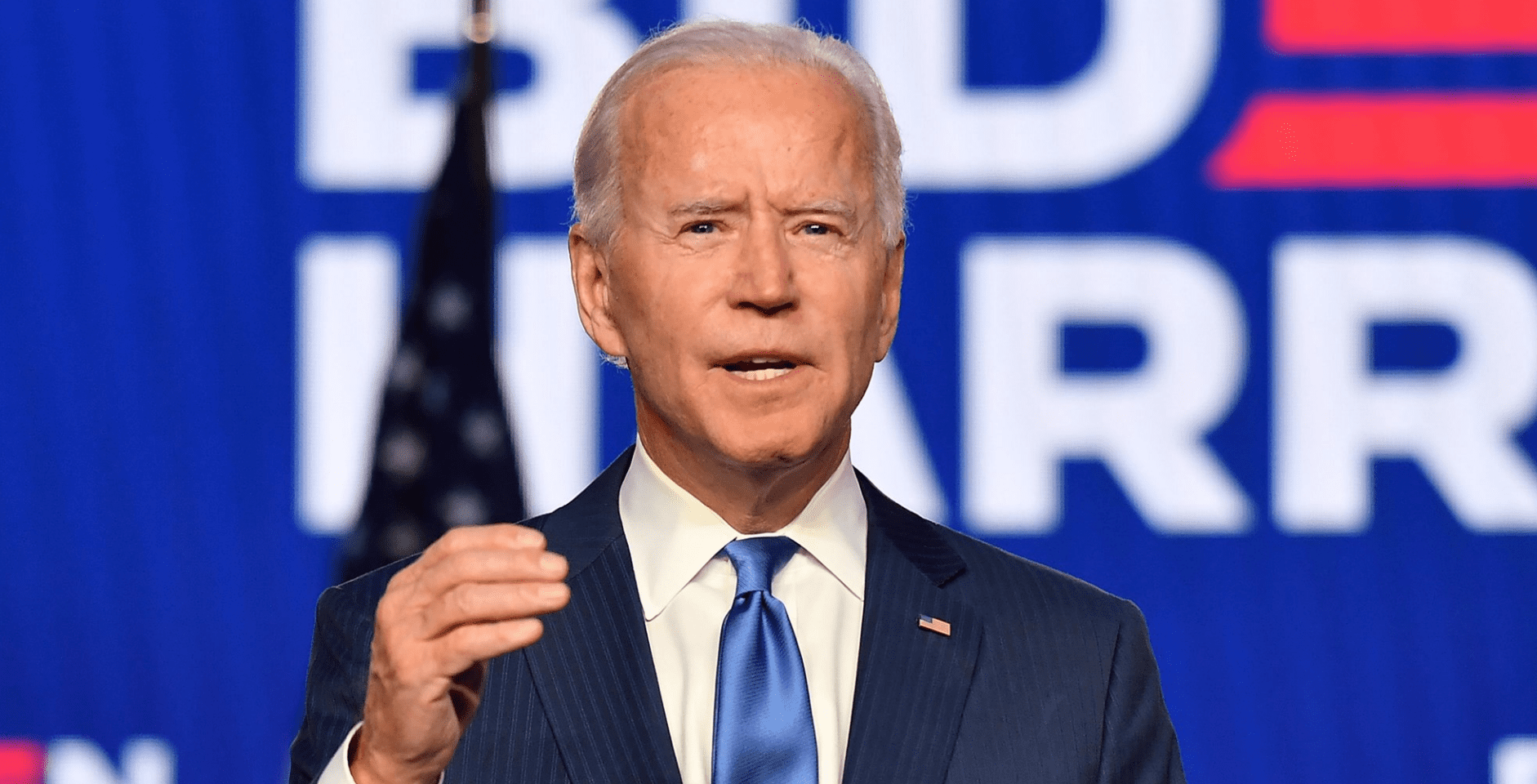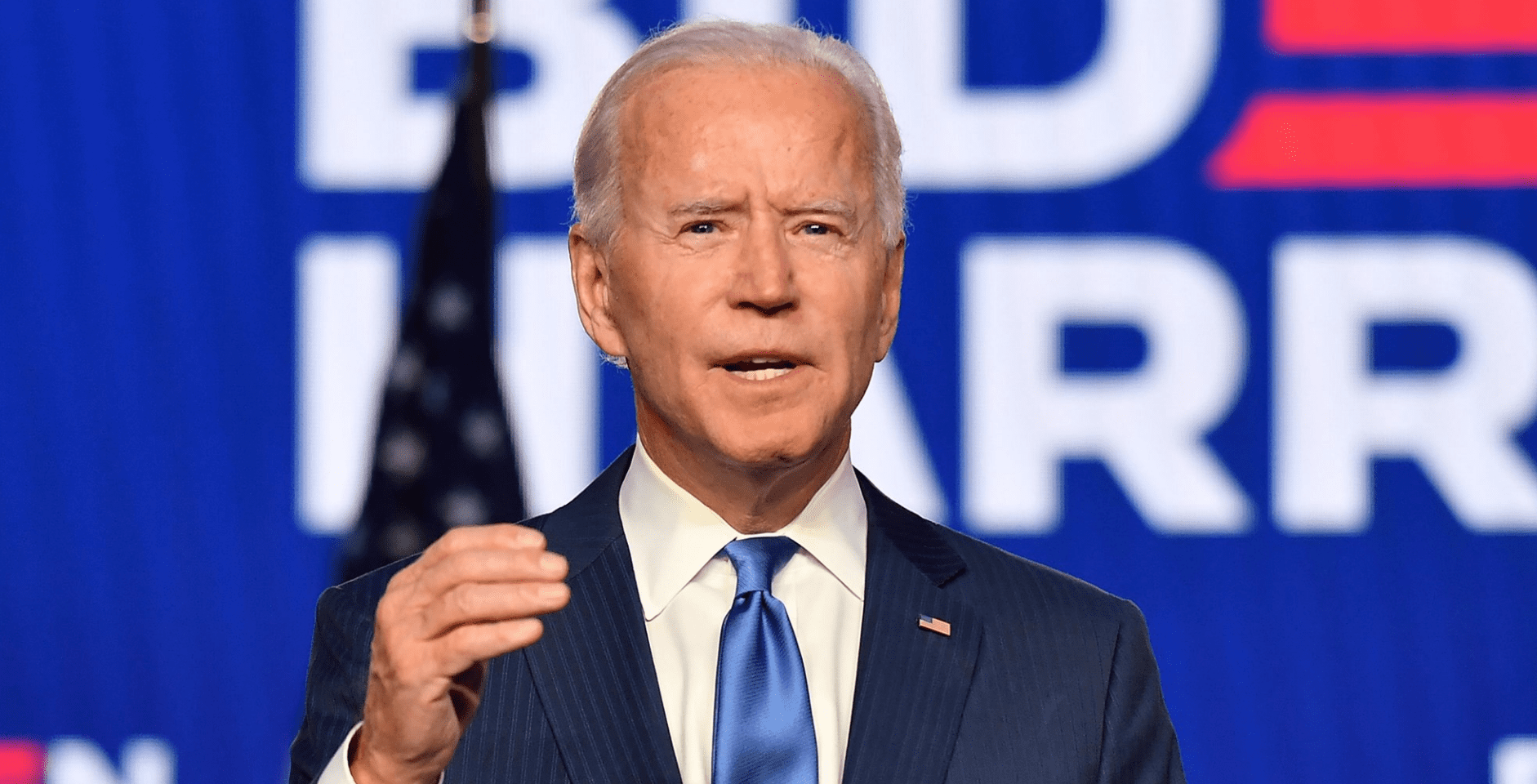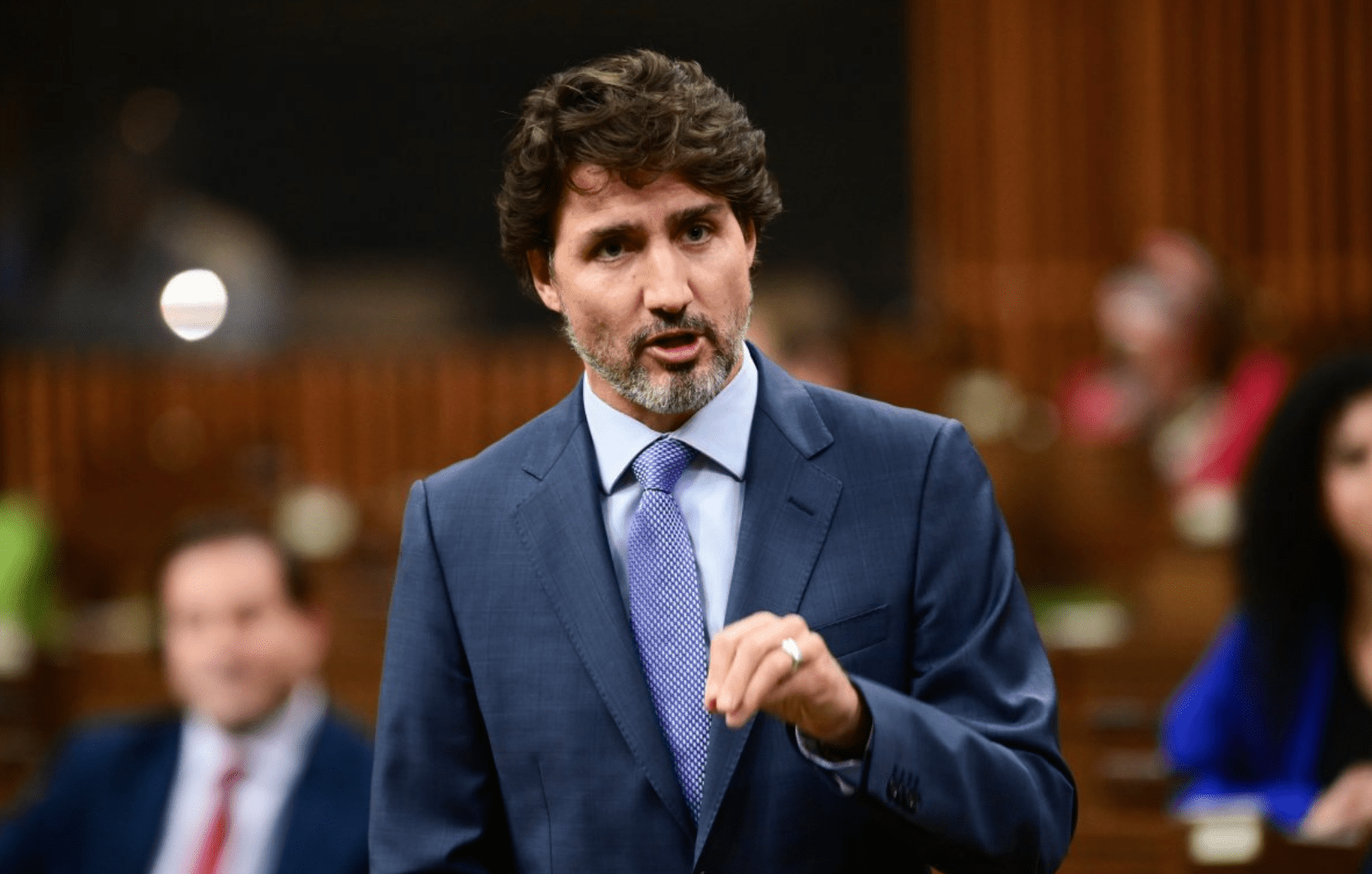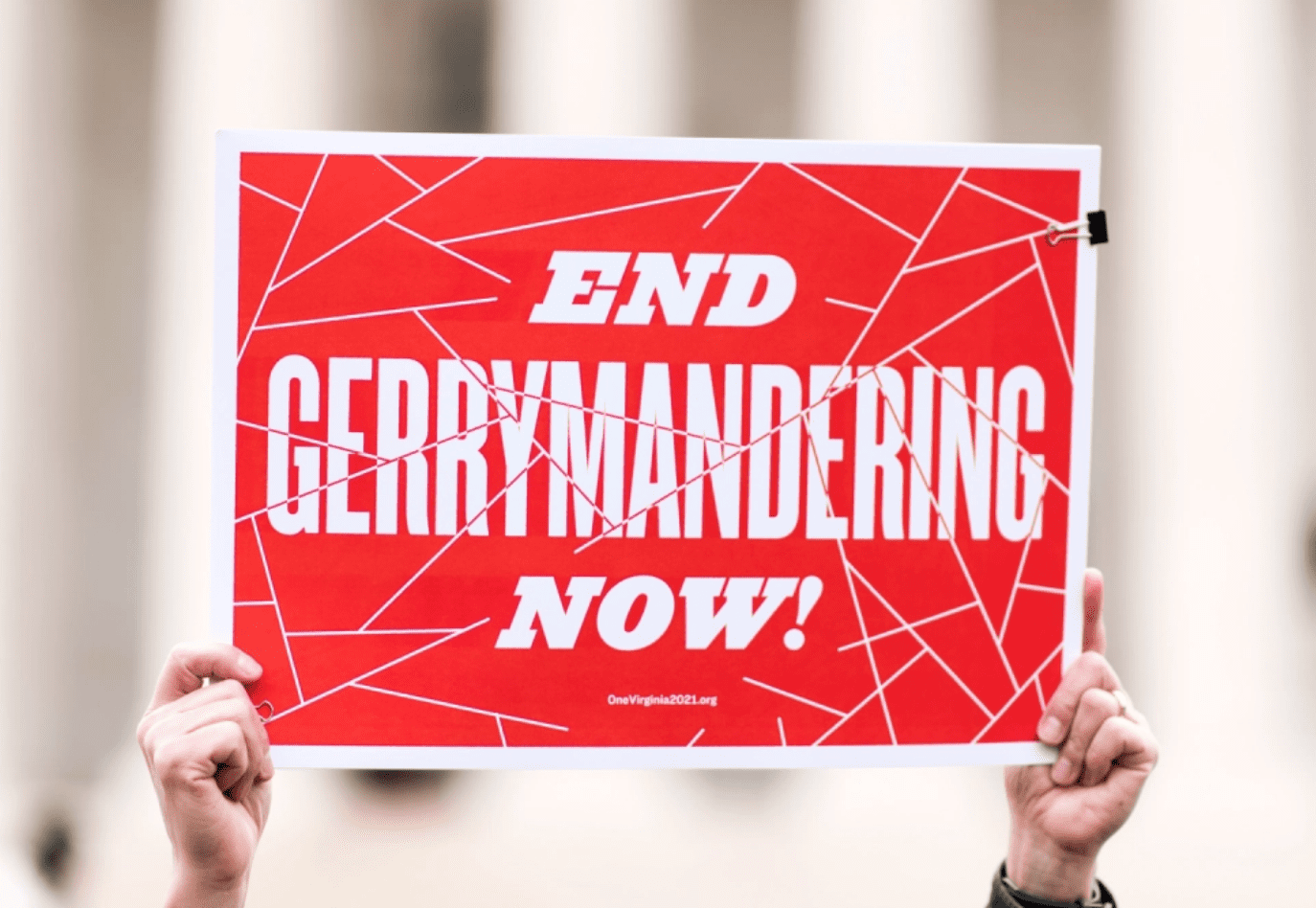With the 2020 U.S. elections threatening to become the most interesting in the country's history, there will be no shortage of commentary about the drawn-out race to become the most powerful politician in the world the President. But we would be amiss to overlook the thousands of other contests that took place on Tuesday, including some captivating races that illustrate the country is much more complex than any simplistic Democrat/Republican partisan split.
Rather than write my usual opinion/analysis column, I thought it would be fun to instead offer this overview of some of the more interesting ballot measures from the unfolding U.S. election, including referendums, initiatives, referrals and other forms of direct democracy.
The number of states in which recreational cannabis is legal has increased to 15, as Arizona, Montana, South Dakota and New Jersey all approved changes this week. Mississippi also legalized medical cannabis. Oregon went a step further by legalizing "magic" mushrooms (psilocybin) and decriminalizing many types of hard drugs in small quantities including cocaine and heroin while Washington D.C. voters instructed police to make the enforcement of entheogenic (hallucinogenic) drugs their lowest priority.
2020 saw the rise of grassroots campaigns to defund police forces, and two ballot measures aimed to put law enforcement under greater oversight. In King County, Washington which includes Seattle voters supported introducing mandatory inquests for police-related deaths. Fellow Cascadian city, Portland, Oregon, opted to create a new police oversight board with considerable clout, including a hefty operating budget and the ability to fire police officers. Also concerning the justice system, California voters rejected a proposal to replace cash bail with risk assessments for detained suspects awaiting trials.
On the subject of climate change, Washington state opted to both renew and increase its tax that funds public transit, while Nevada will require electric utilities to procure 50 percent of their electricity from renewable resources by 2030. Alaskans chose not to almost quadruple taxes on oil production perhaps not surprising, in a state that has been so dependent on oil revenue in recent decades. At the municipal level, new taxes will assist climate efforts: Denver, Colorado will introduce a new sales tax; Albany, California will create a new tax on utilities; while Long Beach, California will increase taxes on oil production.
Taxes are one of the more contentious topics in the USA, and voters in two blue states considered matters of tax justice this week. Arizona chose to increase taxes on people with an annual income higher than $250,000 to help fund teacher salaries and schools, although Illinois decided to reject a graduated income tax and retain its constitutional requirement for a flat-rate personal income tax.
On the contentious issue of abortion, Democrat-leaning Colorado defeated a proposition that would have banned most abortions after 22 weeks of pregnancy, but red-state Louisiana chose to declare that residents have no constitutional right to abortion.
Progress on LGBTQ rights was relatively minimal this year, although Nevada opted to overturn its 2002 gay marriage ban. Regarding gender equality, the Mormon-friendly state of Utah chose to update its constitutional language with gender-neutral terms.
The USA is the only G7 country that lacks a public healthcare system and oddly enough, two red states known for libertarian leanings opted to expand socialized coverage. Both Missouri and Oklahoma favoured making it easier for low-income residents to qualify for Medicaid, with Missouri also mandating that state officials must seek maximum federal funding for Medicaid expansion.
Regarding labour issues, Californians decided to classify gig workers as contractors rather than employees, a proposition established and heavily funded by numerous ride-hailing and food-delivery apps to keep their drivers on lower pay and benefits. Florida, normally a red state, chose to balloon its minimum wage incrementally from the current $8.56 up to $15.00 as of September 2026.
Although rent affordability and evictions have been exacerbated by the current pandemic, support for their alleviation has not been universal. Californians rejected a rent control initiative that would have enacted controls on housing first occupied over 15 years ago, if owned by landlords that hold more than two properties. However, Boulder, Colorado, did support establishing a program to provide legal representation to tenants facing eviction.
Regarding privacy, Michigan voters overwhelmingly chose to amend their constitution to stipulate that law enforcement require a search warrant to access electronic data and communications, although this may be merely ceremonial, as the U.S. Supreme Court's unanimous Riley v. California (2014) judgement already mandated this across the country.
Confederate symbols look to become increasingly passé, as Southern state Mississippi decided to adopt a new state flag that includes a nod to its Indigenous (Choctaw) tribes, casting aside its unofficial flag that incorporated the divisive rebel emblem.
Gerrymandering, in which electoral district maps are redrawn by partisans to ensure maximum advantage one of the great scourges of American democracy unfortunately didn't see much improvement this week. Virginia supported a change to who draws its maps, but the amendment was a watered-down version of the original concept and probably won't usher in large improvements. Matters actually worsened in Missouri, where an approved ballot measure was deceptively worded to make it appear to restrict lobbying, when in actuality its primary objective was to dilute 2018 anti-gerrymandering legislation but what's a little eroded democracy among Republican friends?
Regarding candidate primaries, a majority (57 percent) of Florida voters supported dumping their traditional, closed, partisan primaries for state office in favour of open, top-two primaries as currently used in Washington, California and Louisiana. However, the effort was "Gordon Campbelled", rejected because it did not meet a 60 percent supermajority threshold. (Gordon Campbell was Premier of British Columbia when a majority of residents opted to switch the province's electoral system to a form of proportional representation in 2005, but the change was blocked by a supermajority threshold intended by incumbent politicians to stymie reform). Alaskans, meanwhile, rejected a measure that would have seen a switch to top-four (or so-called "jungle") primaries.
Oregonians instructed their state legislature and municipalities to introduce limits to political contributions and expenditures, as well as to increase the transparency behind political financing and advertising. Alaskans, however, opted not to require contributions of more than $2,000 to have their "true sources" disclosed.
On the topic of electoral system reform, although the states of Massachusetts and Alaska both rejected moving to ranked ballots, voters in several cities opted for such a switch. Most exciting is Albany, California, which will use the British-invented single transferable vote (STV), a form of proportional voting, to elect its mayor and councillors. Two cities Eureka, California, and Bloomington, Minnesota will use ranked ballots to elect their mayor and councillors, while Boulder, Colorado will employ ranked ballots for choosing its mayor. And Minnetonka, Minnesota, will replace its non-partisan primary system with "jungle" primaries featuring ranked ballots during its general elections to select its mayor and council.
Mississippi chose to switch its state elections to popular vote rather than winner of the most districts, thereby rescinding a Jim Crow-era election law that surreptitiously intended to keep Black candidates out of office. Elsewhere, Colorado chose to remain a member of the National Popular Vote Interstate Compact, in which states would give their electoral votes to the presidential candidate who wins the national popular vote but only after states totalling a majority of electoral votes have become members.
The USA is well known for having a two-term (eight-year) limit for its presidents, but state limits of terms/duration are a complex hodgepodge. Arkansas, which in 2014 implemented a substantial increase to how long state politicians can serve, last week decided to dial that back with what could be called the "Putin compromise" up to 12 years of consecutive service, with the ability to return after a four-year break. A proposal in Missouri to limit several state executive positions to two terms was defeated, although governors in that state are already restricted by a two-term limit.
The age of voting eligibility was a hot topic in California, where residents rejected allowing 17-year-olds who will be 18 at the time of the next general election to vote in primaries and special elections. Likewise, San Francisco quashed an even bolder proposal to lower its voting age to 16 for local elections. However, Oakland did successfully lower the voting age to 16 for its school board elections.
And on the seemingly never-ending subject of whether Puerto Rico should become the USA's 51st state, a non-binding referendum to immediately seek admission into the Union narrowly passed although local politicians would still need to advance the cause for it to possibly come to fruition. As of Thursday, pro-statehood Pedro Pierluisi leads the tight race to become governor. But don't hold your breath this was the sixth such referendum.
A few concluding thoughts:
Curiously, U.S. ballot measure results often contradict the ideology of the political party that dominates a particular state. For example, Southern states that voted overwhelmingly for Trump also passed such measures as replacing a Confederate flag, repealing Jim Crow laws, approving cannabis, expanding social healthcare coverage and increasing the minimum wage. Meanwhile, voters in Democrat-held Illinois vetoed a progressive tax amendment that would have caused those in higher tax brackets to pay more.
When it comes to electoral system reform, the same is true in the USA as it is in Canada: real progress will come from the bottom-up: via municipal not senior government. There are now five cities in Minnesota alone that will use ranked ballots. Even proportional representation is making a gradual comeback, as a third American city opts for such a voting system. (Many U.S. cities previously held proportional elections, including New York City, until the Democrats and Republicans colluded to get rid of it nationally in favour of a two-party voting system. But the pendulum has begun to swing in the other direction: adoption.)
If voters aren't careful, direct democracy can become a contradictory mess. We've witnessed California voters previously mandate public services while simultaneously opt to slash taxes that would fund said services all under the auspices of a law that barred deficits. While ballot measures can help settle contentious social matters, constantly fiddling with topics such as term limits, or flipping back and forth between approving and banning gay marriage simply isn't good governance. It's also inappropriate to refer matters of human rights and/or minority rights to a mob decision. Canadians should appreciate the upsides of our system of representative democracy, in which we expect our elected official to decide nearly all matters.
And perhaps most of all, Canadians should be thankful our democracy is largely free from the treacherous practice of gerrymandering at least in senior government. However, we would be wise to remember Canada did previously suffer from such political chicanery until Manitoba assigned responsibility for drawing electoral districts to its non-partisan elections agency in the mid-1950s, a reform the rest of the country soon followed.
Oh, and that Biden guy is going to win.
Photo Credit: Rolling Stone
The views, opinions and positions expressed by columnists and contributors are the author’s alone. They do not inherently or expressly reflect the views, opinions and/or positions of our publication.



